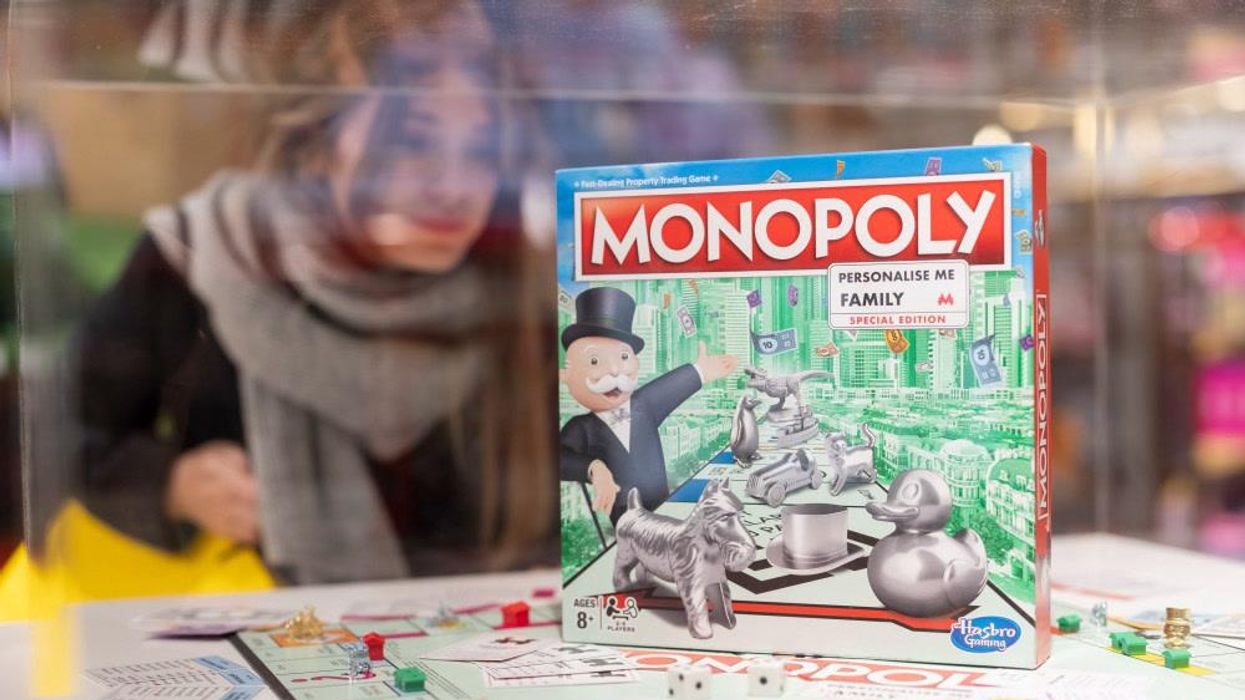Monopoly is a simple game that separates the Machiavellian from the mediocre. There, I said it.
You buy up or trade for the orange, pink and light blue properties (because they are cheap to build on), and rinse your dear family for every note they have.
Your seven-year-old sister may be crying at the prospect of a bankruptcy, but frankly she knew Vine Street was a cool grand with a hotel when she landed on it.
No, she can't make it go away by giving you the utilities. They're rubbish.
Sign upto our new free Indy100 weekly newsletter
Rules are rules.
Speaking of which, a surprising number of people don't seem to know the auction rule, judging by how loudly this tweet resonated:
@iowahawkblog When someone lands on a property🏠in #Monopoly 🎲💵 & they don't buy it, IT GOES TO AUCTION for any play… https://t.co/sZusJpsmX3— Ruben (@Ruben) 1511197731
As the official rulebook states:
Whenever you land on an unowned property you may buy that property from the Bank at its printed price. You receive the Title Deed card showing ownership; place it face up in front of you.
If you do not wish to buy the property, the Banker sells it at auction to the highest bidder. The buyer pays the Bank the amount of the bid in cash and receives the Title Deed card for that property. Any player, including the one who declined the option to buy it at the printed price, may bid. Bidding may start at any price.
If you look around the table and only see £1 notes, then you can abuse it to get properties on the cheap, or if a broke player lands on your set-completing property, you can bid like hell to complete the set.
There's also another gripe we have...
You can absolutely sell property to other players without auction.
Again, we quote the rules:
Unimproved properties, railroads and utilities (but not buildings) may be sold to any player as a private transaction for any amount the owner can get; however, no property can be sold to - another player if buildings are standing on any properties of that colour group.
But crucially...
Any buildings so located must be sold back to the Bank before the owner can sell any property of that colour group. Houses and hotels may be sold back to the Bank at any time for one half the price paid for them.
AT HALF THE PRICE.
Yes, you get punished for building houses you couldn't afford by getting less money for returning them.
Think of it as depreciation.
Also...
Mortgages aren't free money!
Again we quote the rules:
In order to lift the mortgage, the owner must pay the Bank the amount of the mortgage plus 10 per cent interest. When all the properties of a colour group are no longer mortgaged, the owner may begin to buy back houses at full price.
There's also some additional rules about if you purchase a mortgaged property that you probably haven't been playing properly.
The player who mortgages property retains possession of it and no other player may secure it by lifting the mortgage from the Bank. However, the owner may sell this mortgaged property to another player at any agreed price. If you are the new owner, you may lift the mortgage at once if you wish by paying off the mortgage plus 10 per cent interest to the Bank. If the mortgage is not lifted at once, you must pay the Bank 10 per cent interest when you buy the property and if you lift the mortgage later you must pay the Bank an additional 10 per cent interest as well as the amount of the mortgage.
Now, stick to the rules and make your loved ones cry.
Capitalism is great.
Have your say in our news democracy. Click the upvote icon at the top of the page to help raise this article through the indy100 rankings.














